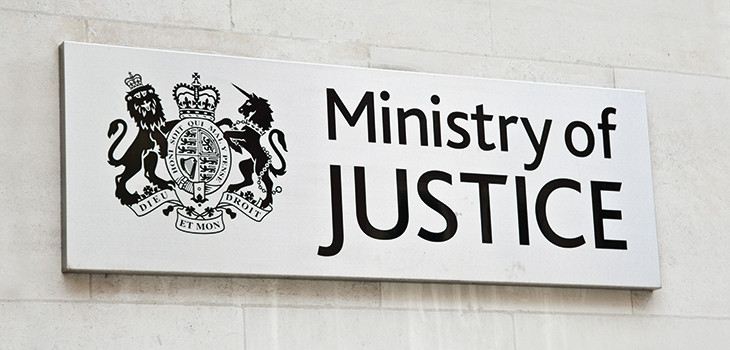
Pro bono is a rite of passage and valuable training tool for some starting out in their legal careers, for others it remains a constant throughout. For me, at university, it was a way in which I might better understand the landlord and tenant law I was being taught and perhaps a way to support some fellow students who didn’t have the benefit of some of my legal lectures.
At Bar School, the Free Representation Unit was a way to put into practice some of the advice writing skills that often seemed a bit like a foreign language. It wasn’t until I joined chambers and met Juliet Oury that I truly understood the fulfilment of using my valuable legal skills to help those who hadn’t had the same opportunities and who faced sentences ranging from life imprisonment through to the death penalty in the Caribbean. Juliet’s passion for helping these young men in Jamaica (and other parts of the Caribbean) was not only remarkable but it was inspirational and enabled me to get involved in casework I felt privileged to do and learnt a huge amount from. For those lawyers reading this and asking should I? Do I have the time? Will it be worth it? The answers are: yes, you will find it, and absolutely!
In my current role as director of access to justice policy at the Ministry of Justice (MoJ), I now have a broader understanding of the role pro bono plays as a vital adjunct to publicly funded sources of legal support. The Legal Services Board’s most recent legal needs survey found that 64% of adults in England and Wales had experienced at least one legal issue in the previous four years, amounting to almost 30 million people. The variety of legal issues contained within these figures coupled with the differences in the personal circumstances of the individuals facing them mean that it is important to have a range of legal support services available to meet these needs. Whether helping a client in a neighbourly dispute, challenging an unfair dismissal in the workplace, or settling a client’s immigration status, the work of pro bono organisations and many individuals like Juliet provide a vital lifeline to those who are struggling to vindicate their rights.
Beyond the domestic impact, and as I touched on above, the contribution of UK lawyers to justice internationally through pro bono work is equally commendable. Such contributions come in the form of working on individual human rights cases, and schemes like the Rule of Law Expertise Programme in which lawyers have partnered with the judiciary and the UK government to provide technical expertise to promote the rule of law in developing nations. It is not only heartening to see this kind of positive collaboration but the international pro bono work of UK lawyers also demonstrates the high standards of our legal sector to the world, contributing to our status as world leaders in promoting justice.
As well as recognising the positive development of pro bono work itself over the past 20 years, it is important to give due regard to the consistently high standards applied through the development of the Pro Bono Protocol, and more recently the Pro Bono Charter.
The past two decades have also seen a growth in pro bono work taking place in UK universities through the growing number of student advice clinics, including at University College London, the University of Kent and Northumbria University, to name just a few. In November 2018, I was invited by Mr Justice Knowles to the Regional Civil Justice Council Forum event hosted by Exeter University. I met a number of the students involved in innovating how to deliver free legal advice to enable more people to access it. These university initiatives have the dual benefit of tapping into the minds of those who have new and fresh ideas as well as providing valuable experience and inspiration to the next generation of pro bono lawyers. Events such as the annual Student Pro Bono Awards are an important opportunity to recognise the valuable contributions such initiatives make.
This Pro Bono Week is coming at a challenging time for the legal sector and the wider justice system as we continue to address the impact of COVID-19. Though the challenges are significant, the positive response to meet these challenges provides cause for optimism. Social distancing led the pro bono community to rapidly adapt their operations, enabling the remote delivery of services. Many more organisations are better positioned to take advantage of the opportunities afforded by improving technology. Furthermore, since the advent of the pandemic we have seen improved collaboration within the legal community and advice sector, and in the MoJ we have strongly benefited from their positive engagement.
I have no doubt that the pro bono community will continue to rise to the challenge, diversify and create new and better opportunities to increase access to justice and the MoJ looks forward to continued collaboration over the next 20 years of pro bono.
OFFICIAL LAUNCH Pro Bono Week 2021: panel debate: past, present and future
Fiona Rutherford, director, Access to Justice Policy, at the Ministry of Justice.










